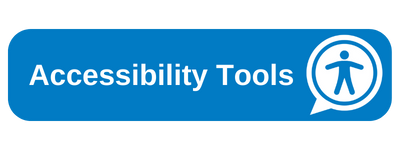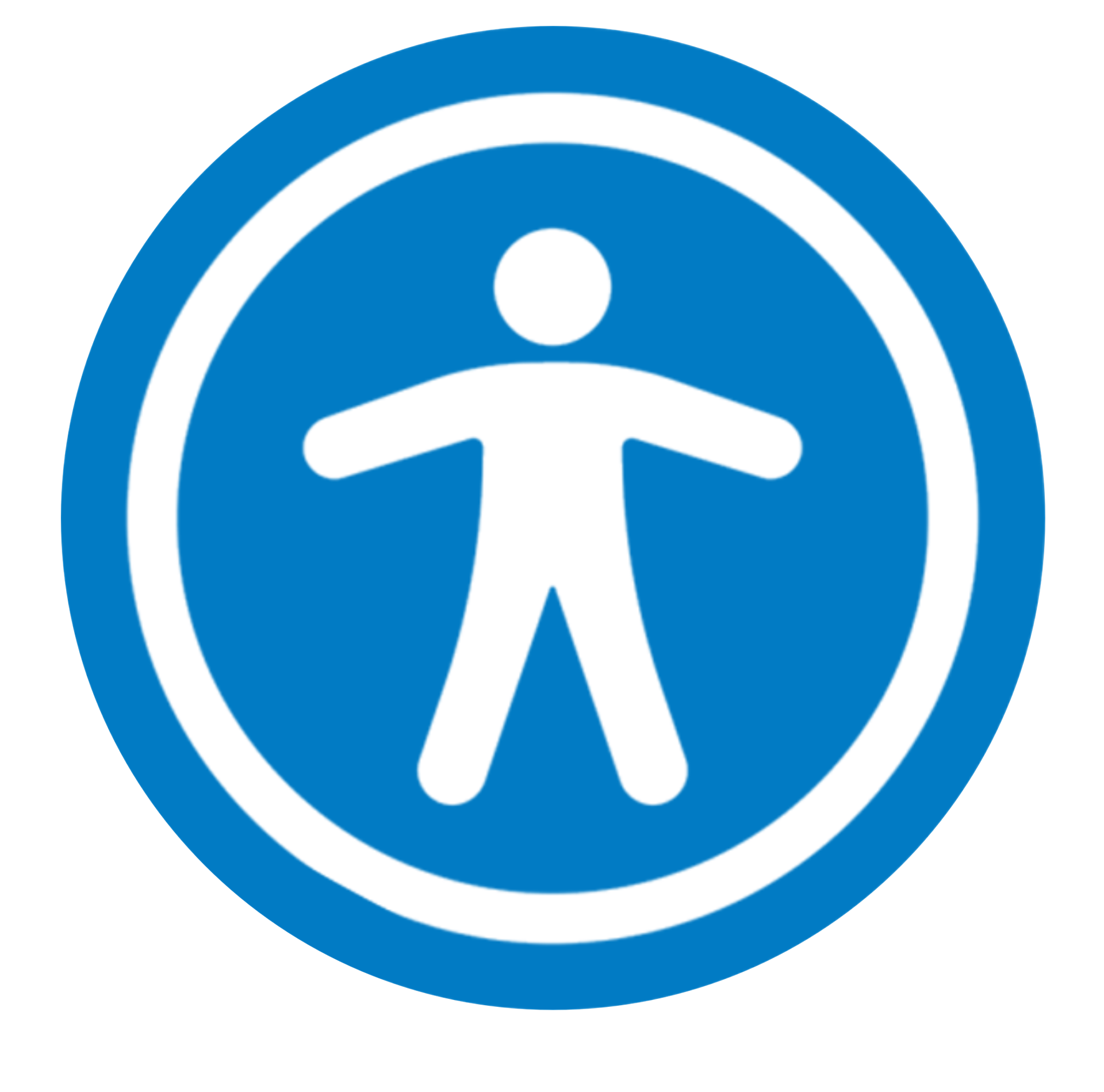You are here: Eating Disorders/adults/MH/eating-disorders
Signs and symptoms
You may not feel you relate to any of the below. You could still be struggling and should access help. Eating disorders are not gender specific and can happen to anyone at any age.
Symptoms of general eating disorders include:
To view general signs and symptoms please click here.+
- Spending a lot of time worrying about your weight and body shape
- Avoiding socialising when you think food will be involved
- Changes in eating habits and routines
- Going to the bathroom after eating and making yourself sick, taking laxatives after you eat and/or exercising more than usual
- Exercising too much
- Fascination of food
- Physical symptoms could include, feeling cold, tired, or dizzy, pains, tingling or numbness in your arms and legs (poor circulation), feeling your heart racing, feeling faint – sign post to more physical symptoms
- Problems with your digestion, such as bloating, constipation or diarrhoea
- Not getting your period or other delayed signs of puberty
- Changes in weight
- Lying about how much you have eaten, when you have eaten, or your weight
- Wearing loose or baggy clothes to hide their weight and or body
- Not wanting to be kind to yourself, including self-care, general hygiene, sleep, nutrients and treating yourself
- Socially withdrawn and isolated
- Changes in mood, this could include feeling anxious or depressed
- Low confidence and self-esteem
- Feeling out of control around food
https://www.nhs.uk/mental-health/feelings-symptoms-behaviours/behaviours/eating-disorders/overview/
Early habits - There can be early signs or habits that are unhealthy for individuals to do. It is a good idea to act quickly. Beat have a 'Know the first signs' poster which you can see to the right or you can download a copy here.
Physical symptoms include but are not limited to:
Tiredness and fatigue, cold skin, sight and eye health issues, weak bones, hair loss, lanugo – fluffy light hair growth, behavioural changes and mood swings, abusing laxatives, low self-esteem, poor nail growth, low concentration, sleeping patterns being disturbed, irritability, feeding others, depression and anxiety, disappearing after mealtimes, poor teeth, skin condition changes, changes to menstrual cycles, dizziness, nose bleeds, anaemia, creating or following rules around food, excessive exercising (even when ill), hyper-vigilant/on edge.
The above signs and symptoms are across most eating disorders. This list is not inclusive, you may find that what you are experiencing is different from this and are still concerned. You may also find that you are experiencing symptoms across several eating disorders.
Individual experiences of eating disorders may vary. You may not identify with the below definitions or find that you connect with more than one definition.
For more information on:
Anorexia
The NHS defines Anorexia as 'An eating disorder and serious mental health condition. People who have Anorexia try to keep their weight as low as possible by controlling their intake of food through not eating enough food or exercising too much, or both. This can make them very ill because they start to starve. People may often have a distorted image of their bodies' (NHS, 2021).
Sometimes the goal is not to reduce or have a low weight, but our weight is affected as a result of the illness. You can still be diagnosed with Anorexia but not be medically classed as underweight.
Links to more information:
https://www.nhs.uk/mental-health/conditions/anorexia/overview/
https://www.beateatingdisorders.org.uk/types/anorexia
.
Binge Eating
The NHS defines Binge Eating Disorder as the following 'Binge eating disorder involves regularly eating a lot of food over a period of time until you're uncomfortably full. Binges are often planned in advance, usually done alone, and may include "special" binge foods. You may feel guilty or ashamed after binge eating' (NHS, 2020). You may feel out of control and unable to stop.
Links to more information:
https://www.nhs.uk/mental-health/conditions/binge-eating/overview/
https://www.beateatingdisorders.org.uk/types/binge-eating-disorder
.
Bulimia
The NHS defines Bulimia as 'An eating disorder and mental health condition. People who have bulimia go through periods where they eat excessive amounts of food (binge eating) and then make up for this by purging what they have eaten e.g. by making themselves sick, using laxatives (medicine to help them go to the bathroom) or doing excessive exercise, or a combination of these, to try to stop themselves gaining weight.' (NHS, 2020).
Links to more information:
https://www.nhs.uk/mental-health/conditions/bulimia/overview/
https://www.beateatingdisorders.org.uk/types/bulimia
.
Diabulimia
Diabetes UK define Diabulimia as 'An eating disorder that only affects people with Type 1 diabetes. It’s when someone reduces or stops taking their insulin to lose weight. But when you have Type 1 diabetes, you need insulin to live. So without it, there can be life-threatening consequences' (Diabetes UK).
Links to more information:
https://www.diabetes.org.uk/guide-to-diabetes/life-with-diabetes/diabulimia
https://www.nationaleatingdisorders.org/diabulimia-5
..
Avoidant/Restrictive Food Intake Disorder (ARFID)
BEAT define ARFID as 'A condition characterised by the person avoiding certain foods or types of food, having restricted intake' (BEAT, 2019). A person will avoid certain types of food by drastically reducing their intake. People may do this for a number of different reasons, for example disliking certain textures, tastes or smells, having a distressing experience around food or being unable to identify when you are hungry.
Links to more information:
https://www.beateatingdisorders.org.uk/types/arfid
https://www.nationaleatingdisorders.org/learn/by-eating-disorder/arfid
https://www.arfidawarenessuk.org/copy-of-what-is-arfid-1
.
Other Specified Feeding or Eating Disorder (OSFED) also known as Eating Disorders Not Otherwise Specified (EDNOS)
BEAT define OSFED as when a person’s symptoms don’t exactly fit the expected diagnosis for any of these three specific eating disorders - Anorexia, Bulimia, and Binge Eating Disorder. They may have symptoms from a variety of different eating disorders. In that case, they might be diagnosed with an 'Other Specified Feeding or Eating Disorder' (OSFED) (BEAT, 2020).
Links to more information:
https://www.beateatingdisorders.org.uk/types/osfed
https://www.nationaleatingdisorders.org/learn/by-eating-disorder/osfed
.
Orthorexia
BEAT define Orthorexia as 'An unhealthy obsession with eating “pure” or clean food. Food considered to be “pure” or “impure” can vary from person to person. This person may then only consider eating foods they consider to be clean, cutting out other groups of food completely, for example refined sugars or processed foods etc. It is not currently recognised in a clinical setting as a separate eating disorder, so someone who visited the doctor with the symptoms would not be officially diagnosed with “orthorexia”, although the term may be brought up when discussing their illness' (BEAT, 2020). This can become an unhealthy and unbalanced diet due to missing key nutrition and vitamins that comes with a balanced diet.
Links to more information:
https://www.beateatingdisorders.org.uk/types/orthorexia
https://www.nationaleatingdisorders.org/learn/by-eating-disorder/other/orthorexia
.
Rumination Disorder
BEAT define Rumination disorder as 'An illness that involves repetitive, habitual bringing up of food that might be partly digested. It often occurs effortlessly and painlessly and is not associated with nausea or disgust' (BEAT, 2019).
Links to more information:
https://www.beateatingdisorders.org.uk/types/rumination-disorder
https://www.nationaleatingdisorders.org/rumination-disorder
.
Pica
BEAT define Pica as 'A feeding disorder in which someone eats non-food substances that have no nutritional value, such as paper, soap, paint, chalk, or ice. For a diagnosis of pica, the behaviour must be present for at least one month, not part of a cultural practice, and developmentally inappropriate' (BEAT, 2020).
Links to more information:
https://www.beateatingdisorders.org.uk/types/pica
https://www.nationaleatingdisorders.org/learn/by-eating-disorder/other/pica
.
Bigorexia/Muscle Dysmorphia
Body Dysmorphia Disorder (BDD) Foundation, describe Muscle Dysmorphia 'As sometimes used to describe BDD in which the person is preoccupied with muscle size, shape and leanness. People with muscle dysmorphia often believe that they look small, when in reality they look normal or may even be more muscular than average' (Body Dysmorphia Disorder Foundation).
Links to more information:
More about BDD – BDDF (bddfoundation.org)
https://www.verywellmind.com/bigorexia-muscular-dysmorphia-reverse-anorexia-2328475
Bigorexia: Never Buff Enough | BBC Newsbeat - YouTube

